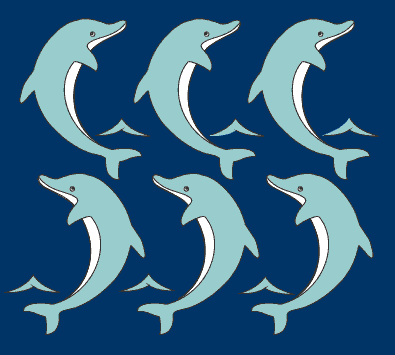There are seven BSC Advisory Groups which provide their expertise and information support to the Commission and Secretariat on following sectors: (a) pollution monitoring and assessment (PMA); (b) control of pollution from land based sources (LBS); (c) development of common methodologies for integrated coastal zone management (ICZM); (d) environmental safety aspects of shipping (ESAS); (e) conservation of biological diversity (CBD); (f) environmental aspects of the management of fisheries and other marine living resources (FOMLR); and (g) information and data exchange (IDE).
Within the institutional framework co-ordinated by BSC, seven Black Sea Regional Activity Centres (RAC) have been established on base of existing national organizations.
BSC possesses co-operation links and options for consultative conversation with other intergovernmental organizations involved in marine pollution affairs at the global and regional level, including the United Nations Environment Program (UNEP), International Maritime Organization (IMO), Global Environmental Facility (GEF), International Commission for the Protection of the Danube River (ICPDR), Agreement on the Conservation of Cetaceans of the Black Sea, Mediterranean Sea and Contiguous Atlantic Area (ACCOBAMS), Organization of the Black Sea Economic Cooperation (BSEC), European Environment Agency (EEA), different institutions of the European Union (EU) and some other organizations.
The Black Sea states collaborate with all above organizations directly or through the BSC Secretariat.



